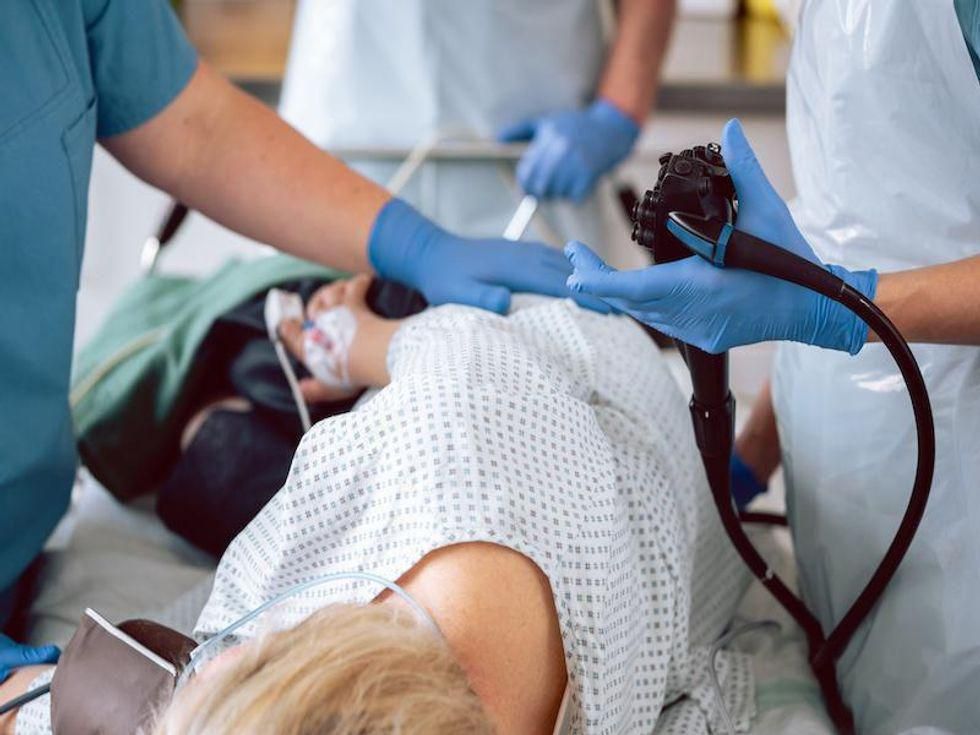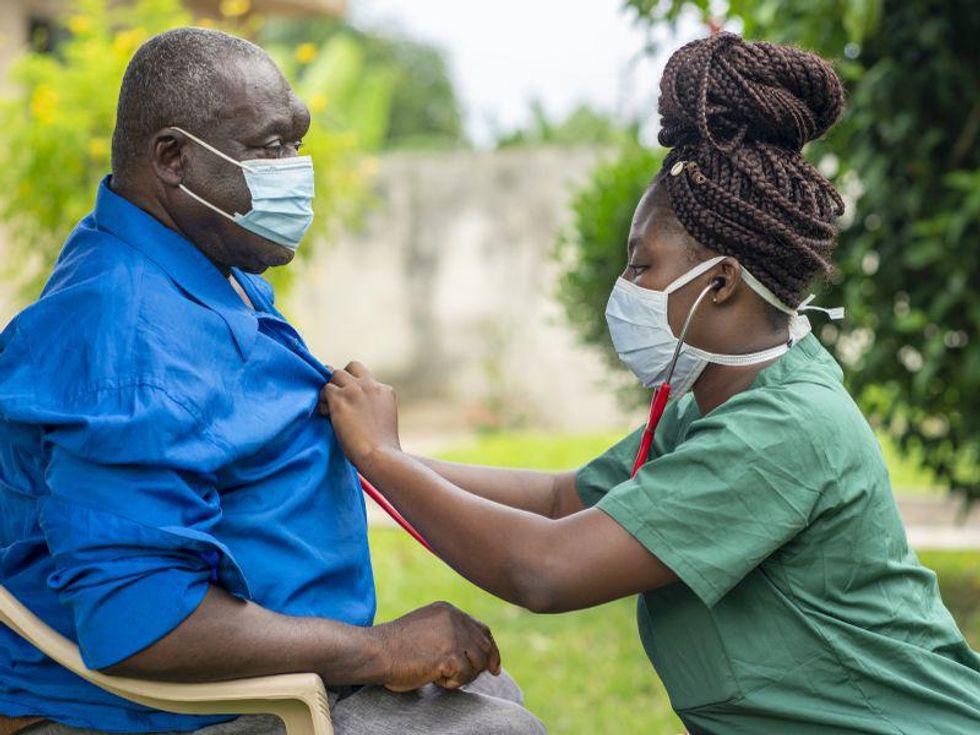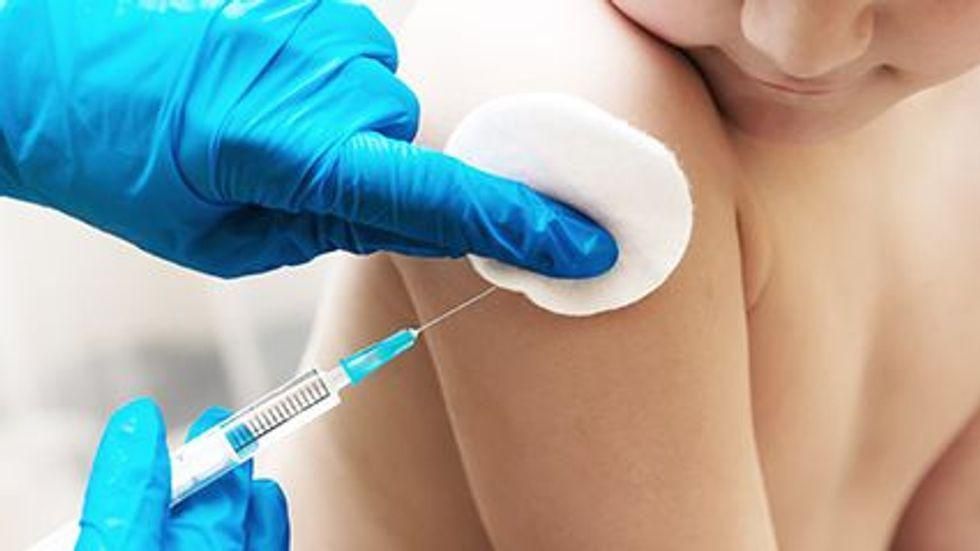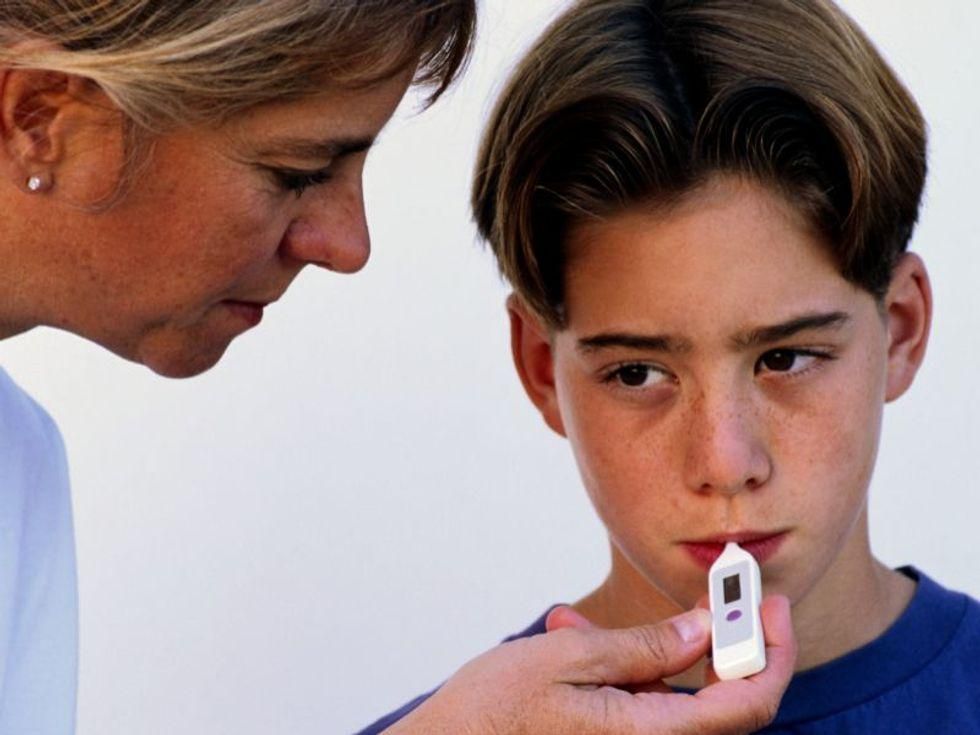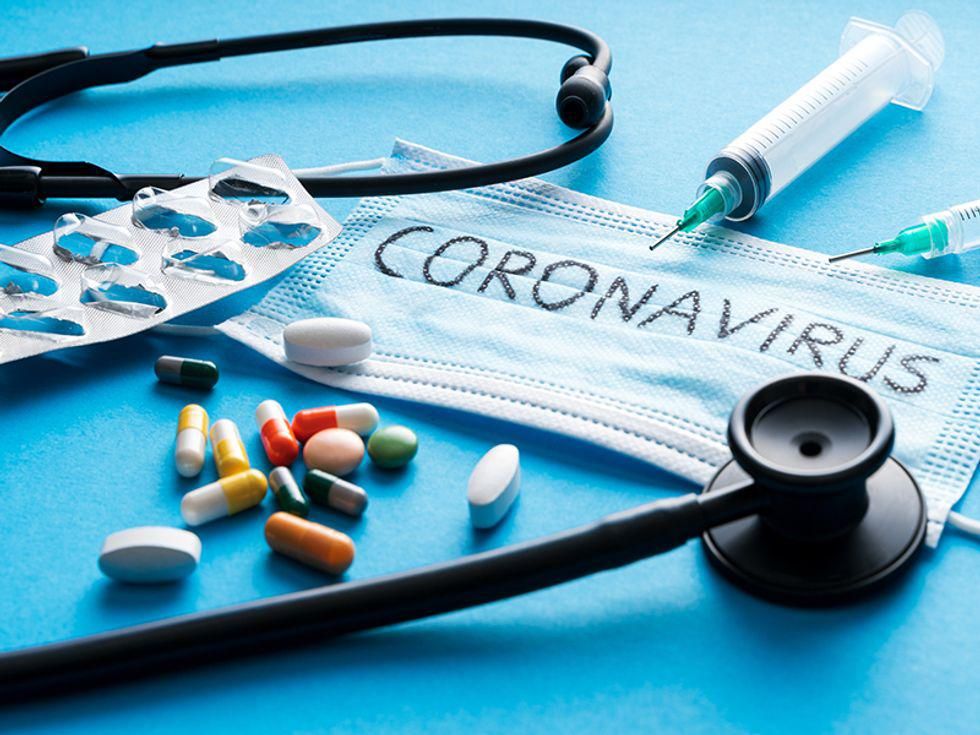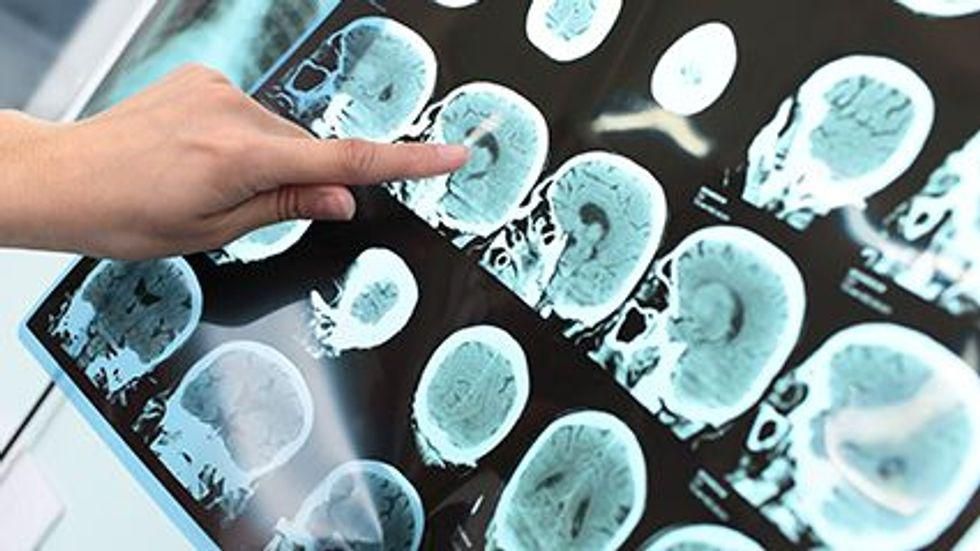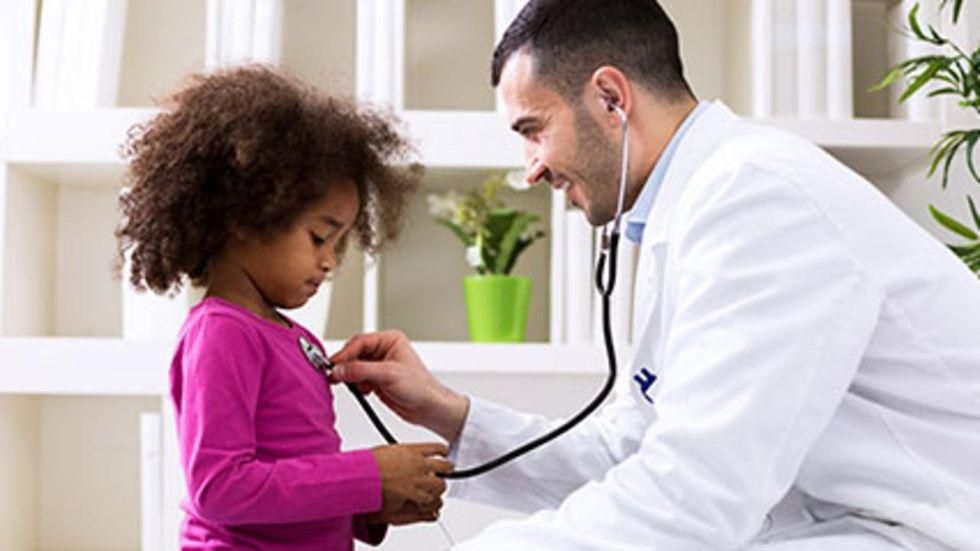
Black kids and Hispanic kids with cancer fare worse than their white counterparts, a large, nationwide study finds. “This study suggests that improving health insurance coverage and access to care for children, especially those with low [socioeconomic status], may reduce racial/ethnic survival disparities,” Jingxuan Zhao, an associate scientist at the American Cancer Society in Atlanta,… read on > read on >










